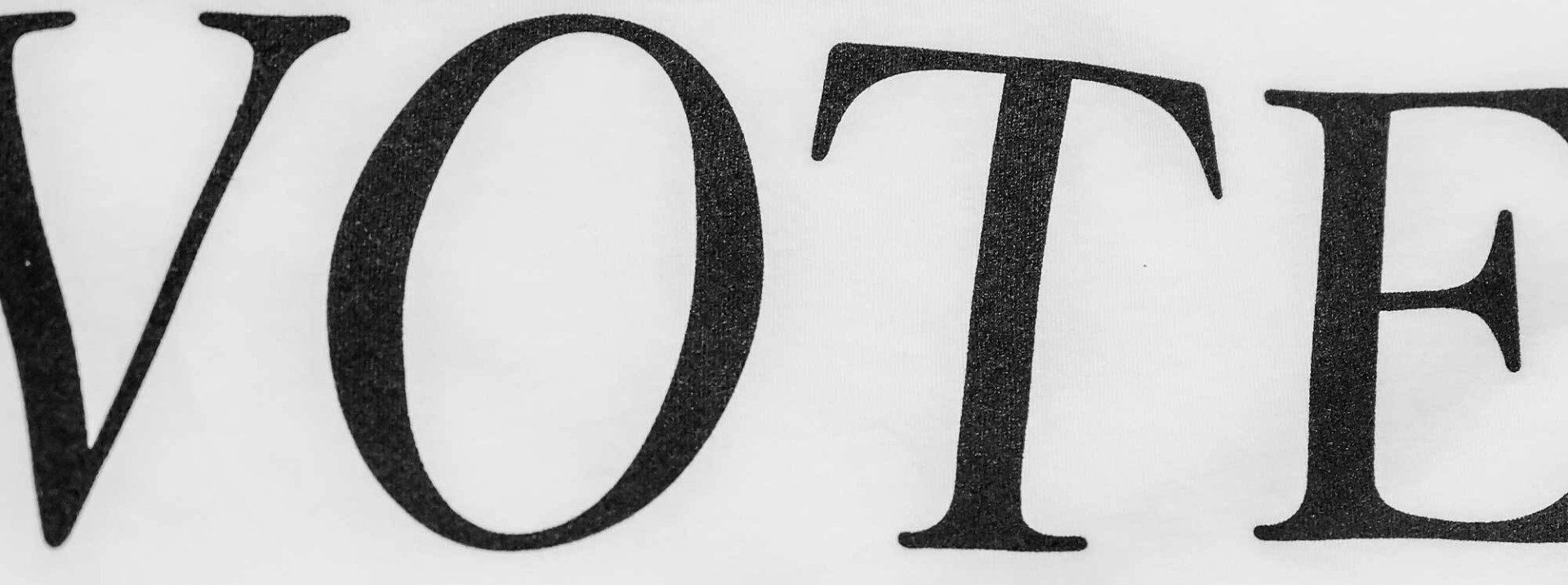
EU Sanctions: voting rights of sanctioned parties, to freeze or not?
The EU sanctions in response to Russian aggression in Ukraine continue to have a major impact on business in Europe. On 16 December 2022, the EU adopted the ninth package of economic and individual sanctions. Among other things, this package introduced new export controls and restrictions, and added many individuals and entities to the sanctions lists. However, because of the speed with which sanctions are introduced, their scope, and their often general wording, sanctions rules still contain many ambiguities. This was illustrated by summary proceedings before the Amsterdam District Court and the Amsterdam Court of Appeal.
Summary proceedings in first instance
The key question in the summary proceedings was whether a party (indirectly) sanctioned by the EU may be admitted to the certificate holders' meeting of a European company and also exercise voting rights at that meeting, without violating the sanctions rules.
Article 2 of Regulation (EU) No. 269/2014 ("Regulation"), on sanctions against Russia, namely provides that all funds and economic resources belonging to a (indirectly) sanctioned party must be frozen, and no funds or economic resources may be made available to that party. In the summary proceedings, the sanctioned party seeking to exercise its voting rights argued that, in short, the exercise of voting rights would not use economic resources in a way that would cause funds, values or assets to be transferred from European parties to (sanctioned parties in) Russia. Therefore, exercising the voting rights would not violate sanctions rules. According to the sanctioned party, support for this could be found in guidance related to the sanctions issued by the European Commission, in the form of Frequently Asked Questions (FAQs) and their answers.
The other party argued that the freezing of goods, as mentioned in Article 2 of the Regulation, includes freezing of certificates. Using the voting rights flowing from those certificates, in any way and for any purpose, would violate the sanctions rules. Support for this was found by the other party in the Guidance on Financial Sanctions of the Dutch Ministry of Finance.
The summary proceedings judge ruled that the text of the Regulation is inconclusive as to whether voting rights of sanctioned parties are frozen. Therefore, in interpreting the sanctioning rules, the court followed the guidance of the European Commission, which implied, among other things, that voting rights should be frozen if the exercise of the voting right results in, for example, a change in size, amount, location, ownership, possession, distinguishing characteristics, or destination of the economic resources. Because the exercise of the voting right in this case did not involve such a change with respect to the shares, the summary proceedings court held that the voting rights here were not frozen.
In other words, voting rights of sanctioned certificate holders should not necessarily be frozen. In doing so, the judge underlined that:
“ (…) care must be taken to avoid disproportionately defeating the purpose of the restrictive measures.”
According to the summary proceedings judge, voting rights can indeed be frozen if exercising them will lead to a detriment to the purpose of the sanctions.
Appeal
On appeal, the Amsterdam Court of Appeal ruled differently. Relevant here is that in the time between the ruling of the interim relief judge and the hearing of the appeal, the answers to the FAQs of the European Commission had been modified. According to these amended answers from the European Commission, “voting rights must be fully frozen”. The Court of Appeal based its judgment on appeal on these, not legally binding, modified answers, which it also considered to be in line with the Guidance of the Ministry of Finance.
The Court of Appeal further ruled that the opinion of the interim relief judge in first instance, entailing that in each individual case it would have to be reconsidered whether use of the voting rights harmed the purpose of the sanctions, was not in line with the desired effectiveness of the sanctions regulations. The starting point, according to the Court, is therefore that voting rights are in principle frozen unless this results in disproportionate damage to the sanctioned party or parties. However, the Court of Appeal ruled that the latter was not the case in this instance.
Follow-up
This case underlines once again how complicated and subject to (amended) interpretation sanctions rules can be. Adjustments and additions relating to sanctions regulations occur regularly. This requires continuous vigilance from everyone who may (indirectly) have to deal with these sanctions.
For questions about sanctions legislation, please contact Thom Dieben, Jurjan Geertsma and Luca van der Hoeven.